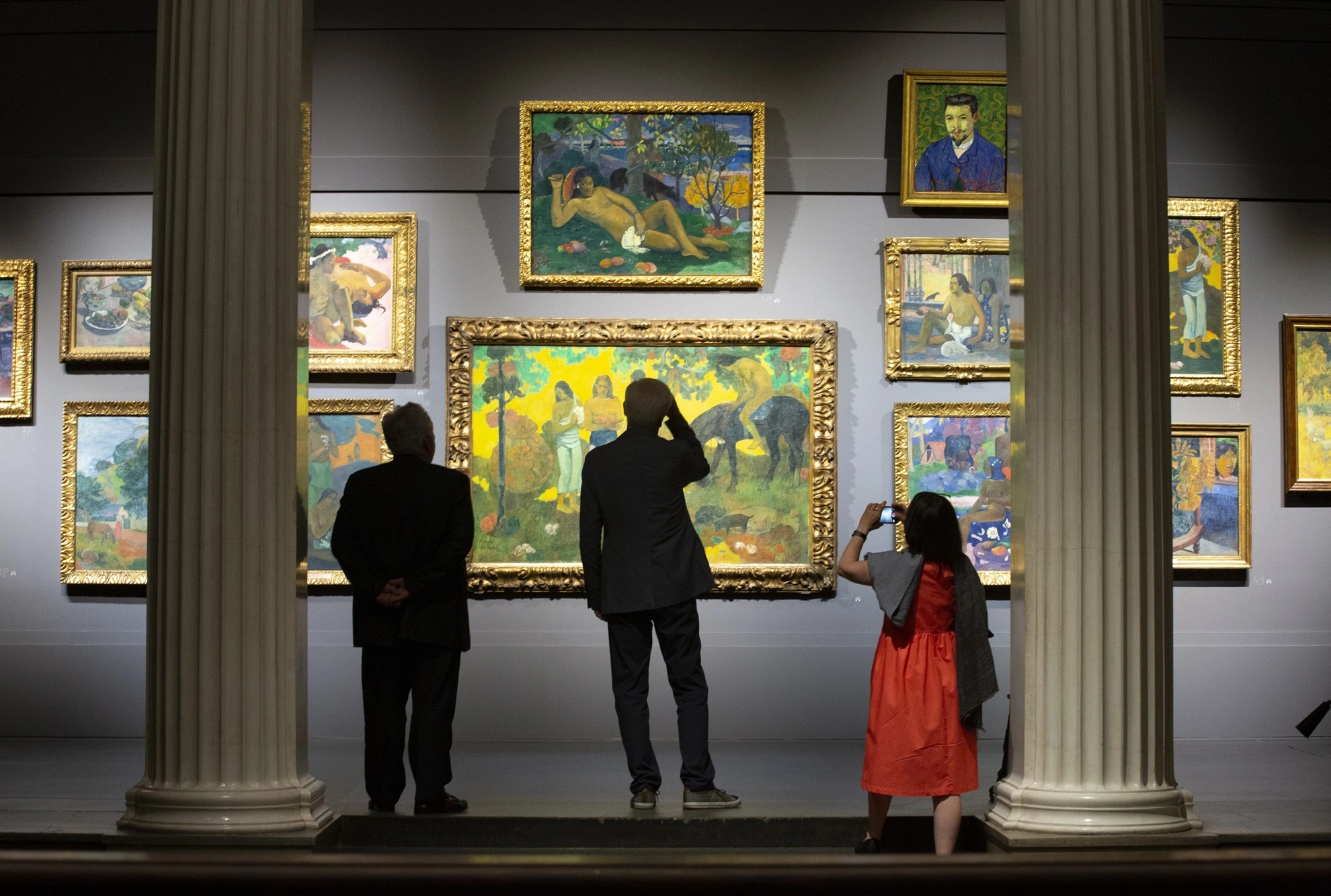In a move emblematic of escalating governmental control over cultural institutions, the Russian Ministry of Culture has dismissed Elizaveta Likhacheva, the director of the Pushkin Museum in Moscow. This development marks another instance of increasing pressure on Russia’s cultural sector to align with the government’s ideological agenda. Likhacheva, who had succeeded Marina Loshak in the role, was abruptly replaced following her public criticism of official policies. Notably, Loshak is the mother of a prominent opposition journalist currently working abroad for the YouTube channel Dozhd.
A Pattern of Disruption in Cultural Leadership
Frequent leadership changes at internationally renowned institutions like the Pushkin Museum are eroding their global reputation and destabilizing the wider cultural landscape in Russia. Likhacheva’s tenure as director was characterized by her open resistance to contentious government decisions. One such instance was her vocal opposition to the transfer of Andrei Rublev’s fragile masterpiece, the Holy Trinity icon, from the Tretyakov Gallery to the Russian Orthodox Church. Likhacheva had warned that the move could result in irreparable damage to the artifact. “It could be lost entirely; it might fall apart—the three wooden panels are not well secured,” she cautioned.
In November 2024, Likhacheva also condemned the suspension of Moscow’s Gulag History Museum, describing the decision as “a folly bordering on criminality.” Her dismissal came just one day after she criticized the Ministry of Culture’s directive to remove references to Stalinist repression from an exhibition at the Museum of Moscow.
A Controversial Successor
Likhacheva’s replacement, Ms. Galaktionova, has been described as a close ally of Russia’s Minister of Culture. Self-identifying as a “manager of traditional values” and a “social architect,” Galaktionova’s credentials lean more towards propaganda than museum expertise. A graduate of a theater institute, she previously worked with pro-government television channels NTV and TV-6. Since 2021, she has organized exhibitions glorifying the Soviet past but lacks formal qualifications or significant experience in the museum sector.
The Broader Implications
This appointment highlights a troubling trend within Russia’s cultural management: prioritizing ideological conformity over professional expertise. Such policies jeopardize the integrity and autonomy of the nation’s cultural institutions, threatening their ability to function as spaces for historical preservation and intellectual engagement.
As Russia’s Ministry of Culture continues to exert control, the future of its cultural heritage hangs in the balance. The dismissal of independent-minded leaders like Likhacheva sends a chilling message to those advocating for the protection of historical and artistic integrity in the face of mounting political interference.


















